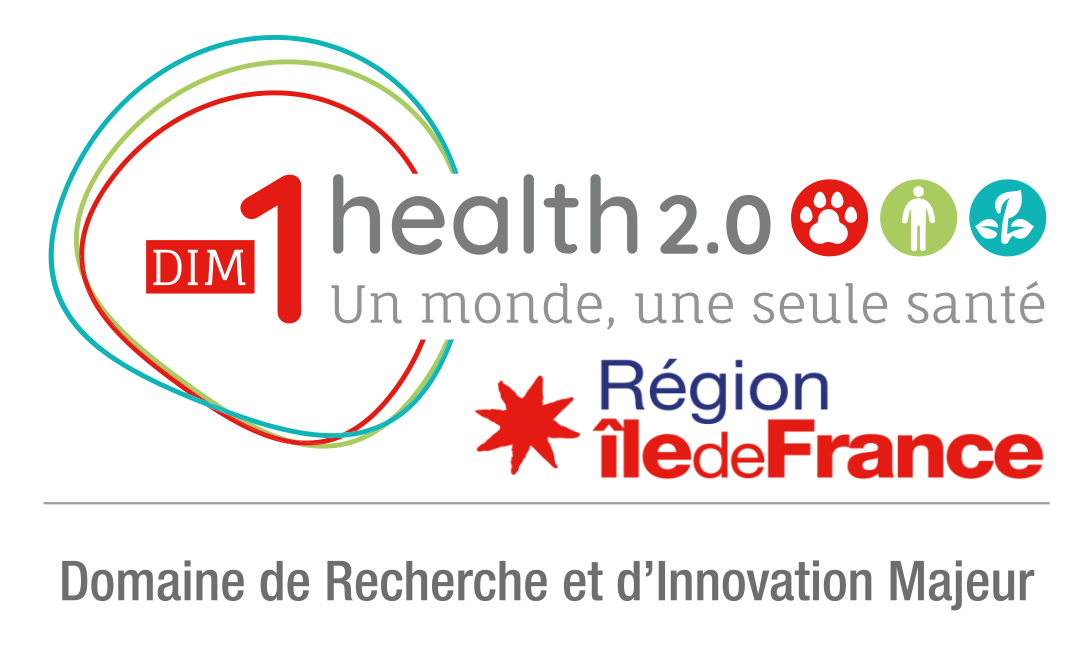Eukaryome impact on human intestine homeostasis and mucosal immunology
Coordinator :
Nancy GUILLEN
Our knowledge of the influence of microbes on the fate of intestinal diseases is poor, particularly with regard to the major parasitic diseases. Multiple demographic or economic parameters of our societies could contribute to the origin of interesting emerging infections; for example: poverty, urbanization, climate change, as well as population migration. These features challenge us to know the impact (present and future) of parasitic diseases on public health. The intestine is a nutrient-rich environment harbouring a complex and dynamic population of 100 trillion microbes, the microbiome. Until now, the attention has been mainly focused on the bacterial part of the microbiome, which constitutes the most abundant and diverse fraction of intestinal ecosystem. Bacteria are sharing the gut ecosystem with a population of uni- and multi cellular eukaryotic. Our interest focus on the eukaryotes microbes inhabiting the intestine named “intestinal eukaryome” (including fungi, protists and helminths). Intestinal parasites are one of the main causes of diarrheal diseases in children under five and in immunosuppressed persons as well as in neonatal animals. Hence, these diseases pose a major challenge for public health and veterinary services. It therefore seems particularly important to emphasize the role of the One Health approach in analyzing the problem of the interaction between the microbiome and the eukaryoma. The knowledge about the reciprocal influence of the microbiome on the eukaryome and their independent or combined impact on homeostasis and intestinal diseases is scanty and can be considered as an important emerging field. But what differentiates pathogenic eukaryotes from commensals is an important question in the objective of determines the influence of microbes on the fate of intestinal diseases. The purpose of this DIMHealth application is for help us to hold an international congres entitled: “Eukaryome impact on human intestine homeostasis and mucosal immunology”. Our wish is to join people from the eukaryome, infection and pathogenicity fields to enrich concepts, share methodologies and also push forward interdisciplinary research programs. Our interest concerns 1. Phylogenetic, prevalence, and diversity of intestinal eukaryotic microbes, their enigmatic historical evolution and their potential contributions to mucosal immune homeostasis. 2. Integrative biology to study the molecular cell biology of parasites-host interactions and the multiple parameters underlining the infectious process. 3. Forefront technologies to develop and exploit tissue engineering and microfluidics to establish three-dimensional (3D) systems helping to understand homeostasis and pathological processes in the human intestine.
